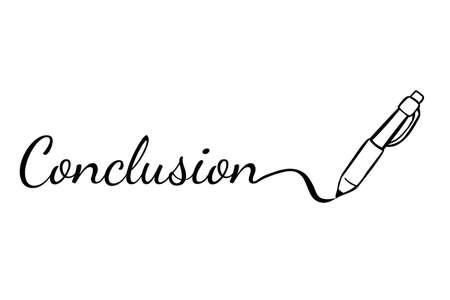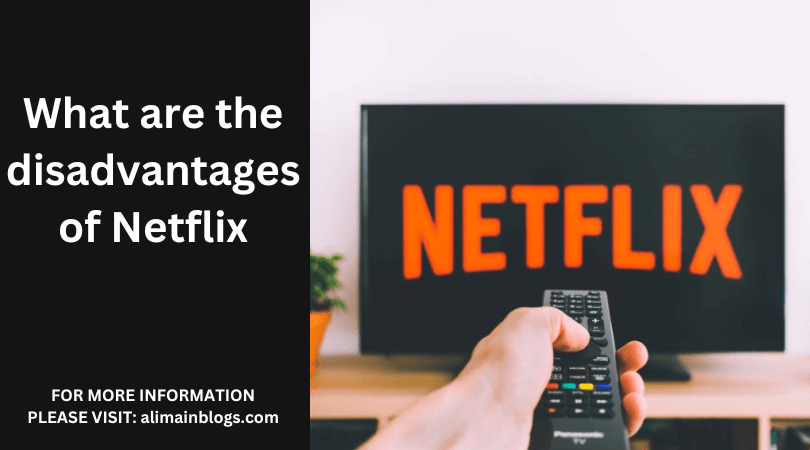What are the disadvantages of Netflix. Netflix stands as one of the foremost global streaming platforms, presenting an extensive assortment of movies, TV shows, documentaries, and original content. Nevertheless, akin to any service, Netflix is not exempt from certain drawbacks that both users and potential subscribers should take into consideration.
Subscription Costs:
A primary drawback of Netflix lies in its subscription costs. While the platform provides diverse plans to suit varying needs, the cumulative monthly fees can escalate, particularly for users subscribing to multiple streaming services. With the influx of new streaming platforms, users might find themselves managing multiple subscriptions to access their desired content.
Content Rotation:
The dynamism of Netflix’s content library, marked by regular additions and removals of titles, can be vexing for users. This content rotation might frustrate those with specific shows or movies in mind, only to discover that they are no longer available. Licensing agreements and the constant influx of new content contribute to this issue.
Content Geo-Restrictions:
Netflix’s library exhibits significant variation across regions due to licensing agreements and regional restrictions. This inconsistency can be a source of frustration for users who learn about a particular show or movie only to find it unavailable in their location. Although users often resort to virtual private networks (VPNs) to circumvent these restrictions, Netflix actively works to counter such access.
Quality and Speed of Internet Connection
: Optimal enjoyment of Netflix necessitates a stable and high-speed internet connection. Users in areas with slow or unreliable internet may encounter buffering, diminished video quality, or streaming challenges. This poses a notable drawback, especially for those in rural or developing areas with limited access to high-speed internet.
Competition from Other Streaming Services:
The highly competitive streaming landscape, marked by the emergence of numerous platforms like Hulu, Amazon Prime Video, Disney+, and others, implies that users might need multiple subscriptions to access all desired content, leading to increased overall costs.
Dependence on Third-Party Devices:
Although Netflix is accessible on a variety of devices such as smart TVs, computers, and mobile devices, users lacking these devices may find accessing the service challenging. Furthermore, the quality of the Netflix experience may fluctuate depending on the device and its specifications.
Limited Offline Viewing:
Despite the introduction of the option to download content for offline viewing, not all titles are available for this feature. This limitation proves inconvenient for users desiring to watch content without relying on an internet connection, particularly during travel.
Privacy Concerns:
Streaming services, including Netflix, engage in the collection of user data to personalize recommendations and enhance services. While this is commonplace in the digital era, it raises privacy concerns for users uncomfortable with the extent of data collection and its utilization.
Overwhelming Content Selection:
The vast array of content on Netflix can overwhelm users. Ironically, having an abundance of options can make it challenging for individuals to decide what to watch, contributing to decision fatigue.

In conclusion, while Netflix provides a convenient and diverse streaming experience, it is not devoid of drawbacks. Users should carefully consider these disadvantages in comparison to the benefits to ascertain if Netflix aligns with their preferences and viewing habits. Given the evolving streaming landscape, staying informed about changes in content, pricing, and competing services becomes crucial for consumers in making informed decisions about their entertainment choices.

Is Netflix Expensive?
- Answer: Yes, the cost of Netflix can be considered a disadvantage. While they offer different subscription plans, the prices have been increasing over the years. This might be a concern for budget-conscious individuals, especially when compared to other streaming services.
Does Netflix Have Limited Content?
- Answer: Yes, one disadvantage is that Netflix’s content library is constantly changing. Titles come and go due to licensing agreements, and sometimes popular shows or movies are removed, which can be frustrating for subscribers.
Does Netflix Depend on Internet Speed?
- Answer: Absolutely. Netflix is a streaming service, and a stable and relatively fast internet connection is necessary for a smooth viewing experience. In areas with slow or unreliable internet, streaming can be challenging.
Are There Ads on Netflix?
- Answer: No, Netflix is an ad-free streaming service. However, this is a disadvantage for the company as it relies solely on subscription fees for revenue. Some other platforms may offer a free tier with ads.
Does Netflix Face Competition?
- Answer: Yes, Netflix faces intense competition from other streaming services like Hulu, Amazon Prime Video, Disney+, and more. The competitive landscape means that users might need multiple subscriptions to access all the content they want.
Is Netflix Available Everywhere?
- Answer: No, Netflix’s content library can vary significantly by region due to licensing agreements and regional restrictions. Some regions might have more limited access to certain shows or movies.
Is Netflix’s Original Content Consistently High-Quality?
- Answer: While Netflix produces a substantial amount of original content, not all of it is of consistently high quality. The subjective nature of content preferences means that some viewers may not find enough appealing original content.
=================
FOR MORE INFORMATION PLEASE VISIT: alimainblogs.com
